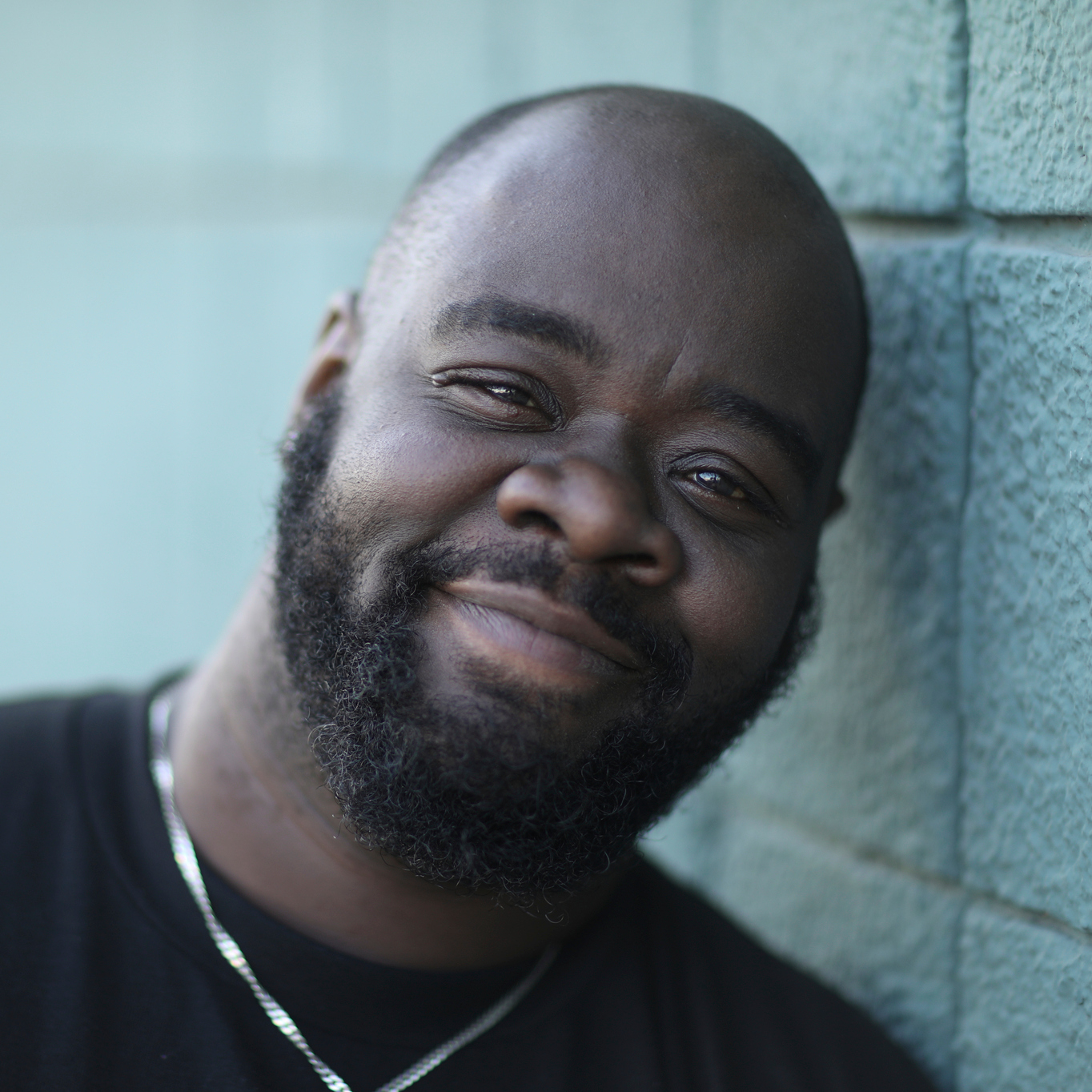Luckie Alexander Fuller
Speak up for better health awardsThe Speak Up for Better Health Awards celebrate the everyday people who make our health system more equitable and responsive. Luckie Alexander Fuller is a Speak Up honoree.
Being Visible is Equity
A passionate advocate and member of the Los Angeles LGBTQ+ community, Luckie Alexander Fuller launched his organization, Invisible Men, on Trans Day of Visibility for one very important reason. After he medically transitioned, Luckie found there was no place for trans men of color to be visible in the media or online.

He created a platform for folks to tell their story, in their own words. The “Legacys” are the storytellers who make up an integral part of the national Invisible Men community. They often go on to recruit others to join or lead work on crucial issues for the trans-masculine community locally.
With chapters all over the United States, Invisible Men began to get more attention; and Luckie and the team started building out innovative programming in health, healing and mental health.
“We are intentionally set up to be flexible — Atlanta needs different things than New York does. In Atlanta, we are thinking about how to support our trans-masculine folks in reentry, finding them jobs. In North Carolina we are working on health care, getting them on testosterone. In Colorado, we are looking at the medical facilities,” Luckie said.

Vax to the Max
When COVID-19 hit, Luckie and Invisible Men pivoted to serve their Los Angeles community in new ways. They created Vax to the Max, a six-part series of COVID-19 vaccination events that also offered a much-needed socializing element and other health resources.
“We had a DJ, food boxes, self-care kits, HIV testing and job information,” Luckie said.
The team created a safe and affirming environment for hundreds of trans men of color to get vaccinated. Luckie said the response was incredible: “In LA county, we were the highest yielding CBO [community-based organization] to get folks vaccinated.”
Luckie works a full-time job in addition to running Invisible Men. “We are 100 percent volunteer-run and self-funded,” he said. “This is work that comes from the heart.”
Now he is looking to work internationally. “Here in the US, we are looking for equity, we’re looking for rights. But in Uganda, they are looking to decriminalize being trans. Our Legacy [members] in Uganda has been arrested twice for ‘dressing like a man’,” Luckie said.
Luckie encourages everyone to read the stories of the Legacys and truly see the trans community: “I want them to see the diversity, different sexual orientations, struggles and how we thrive. I want them to see the humans, because just existing and being visible is advocacy.”
The Speak Up for Better Health Awards celebrate the everyday people who make our health system more equitable and responsive. The annual awards are hosted by The Center for Community Engagement in Health Innovation at Community Catalyst. Luckie Alexander Fuller is a Speak Up honoree.